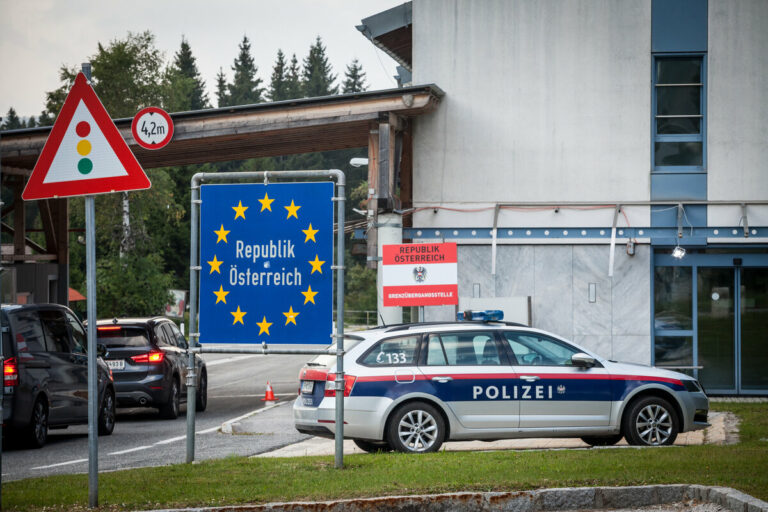Austria
Hungary as the perfect destination: Under EUR 10 a day for Austrian tourists

Hungary among the top budget-friendly travel destinations

Minister Lázár: Austria has an occupation plan at Lake Fertő

How do Hungary’s neighbours see the country? New survey reveals surprising trends

Der Standard: Modul University Vienna kicked out of Erasmus due to close ties with Orbán government

Austrian giant Strabag faces fallout over massive construction failure in Hungary!

Travelling to Singapore from Hungary just got a lot easier: Direct flights launch from close to the border

Hungary pushes for Austria-Hungary motorway link amid Burgenland election talks

Many Hungarians commute, becoming the largest group of foreign workers in Austria

Budapest-Austria railway line revamp modifies the schedule of international trains

Burgenland court rules Austrian-Hungarian border closure unlawful

Anniversary of the Madéfalva massacre commemorated in Romania

Waberer’s to acquire majority stake in GYSEV Cargo

New motorway stretch, twin tube tunnel inaugurated in Hungary – PHOTOS
Austrian ambulances could soon assist Hungarian patients for faster emergency response
Austria’s growing Hungarian population: What’s behind the numbers?

PM Orbán’s friend, the wealthiest Hungarian, Lőrinc Mészáros, may buy top Austrian football club

Austria closes off road with a concrete barrier to stop Hungarian commuters





 ZH
ZH IT
IT DE
DE HR
HR NL
NL FR
FR JA
JA RO
RO RU
RU ES
ES TR
TR
